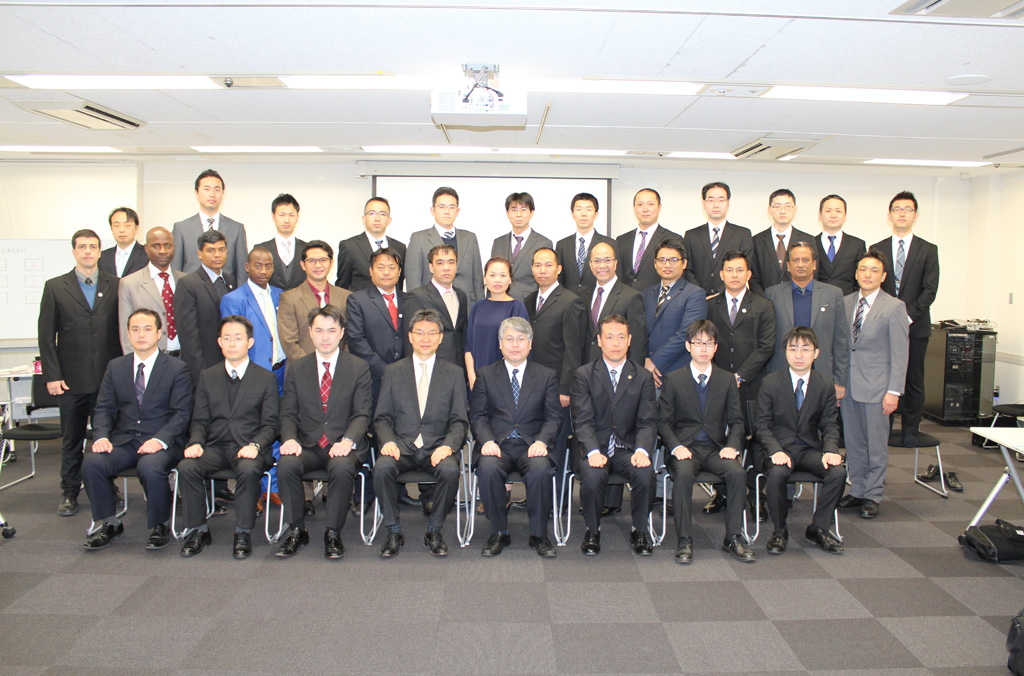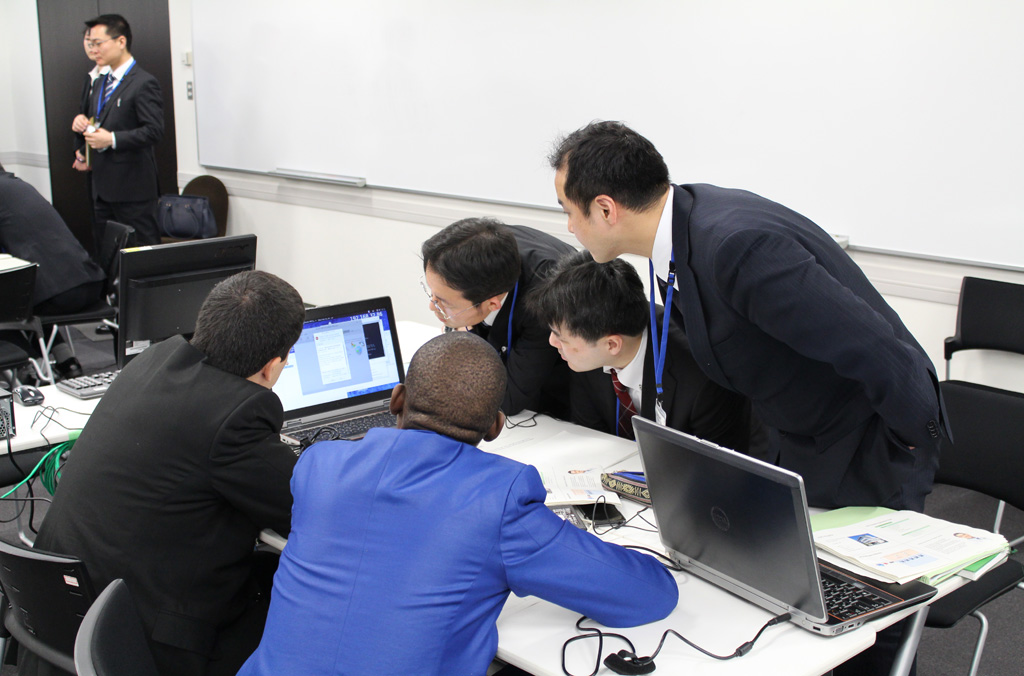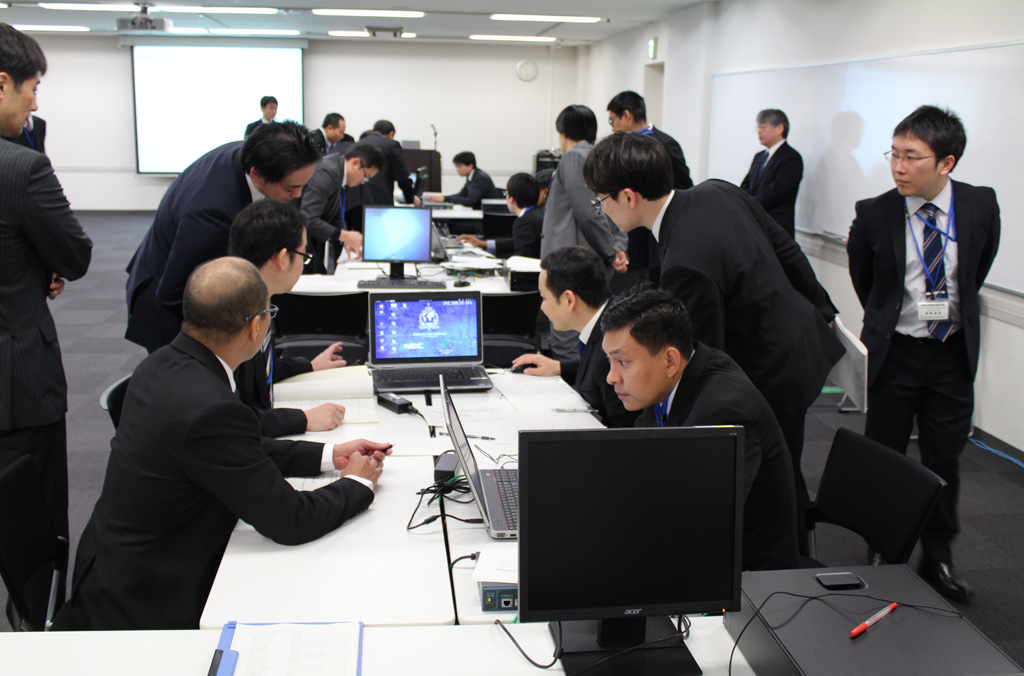TOKYO, Japan – Cybercrime investigators from Africa, the Americas and Asia have taken part in INTERPOL’s Digital Security Challenge to develop their skills in tackling real crimes in the virtual world.
The three-day (13 – 15 February) exercise saw participants from 10 countries divided into six teams competing against each other, and the clock, to solve a complex cybercrime scenario involving a particular malware.
Hosted by the National Police Agency of Japan, the event ‒ organized with support from NEC and Cyber Defense Institute ‒ provided a realistic simulated environment for the teams to use and develop their knowledge and expertise.
“Given that cybercrime is not constrained by borders, INTERPOL’s initiatives to assist member countries improve and enhance their abilities in the area of cybersecurity are essential,” said Morio Fukuda, Director of Cybersecurity for Japan’s National Police Agency.
“The National Police Agency was pleased to support INTERPOL’s Digital Security Challenge initiative, which provided the investigators with valuable experience which will contribute towards their countries’ efforts in combating cybercrime,” added Mr Fukuda.
The ‘@Your Site’ event in Tokyo builds on the first INTERPOL Digital Security Challenge held at the INTERPOL Global Complex for Innovation in Singapore in March 2016, involving investigators from 26 countries.
Investigators from Bangladesh, Bhutan, Botswana, Cote d’Ivoire, Indonesia, Mauritius, Myanmar, the Philippines, Uruguay and Vietnam took part in the challenge.






